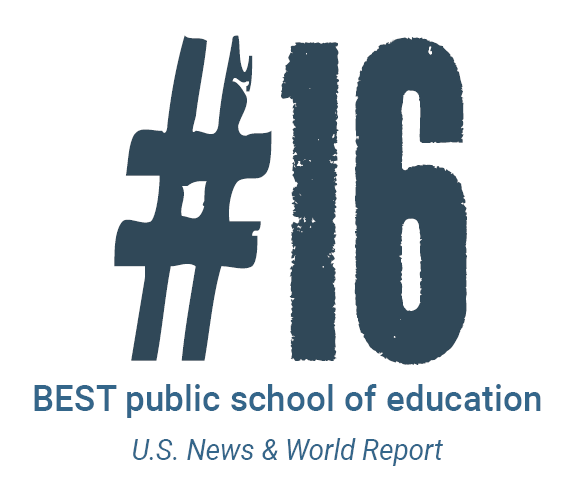We tap into our uncommon heritage to serve our urban community



Vision
To be a leader in responsive, needs-driven and research-based educational practices that transform the lives of those we serve in our communities, especially those who have been historically marginalized.
Mission
We advance learning and knowledge through impactful research, teaching and engagement to provide our students, professionals and communities with the tools to create progressive change. We prepare and support professionals to lead change and inform social, economic, health and educational policy and practice.
Values
Innovative – Cultivate discovery, creativity, originality, inventiveness and talent.
Inclusive – Ensure a climate of mutual trust and respect where individuals of differing cultural backgrounds, identities, abilities and life experiences are embraced, engaged and empowered to drive excellence and success.
Community-focused – Build deliberate/intentional relationships with the surrounding community and engage in actions that focus on the needs of its people.
Collaborative – Foster collegiality and cooperation with internal and external partners to advance learning, research and service.
Our programs deliver at the highest levels
VCU is accredited by the Southern Association of Colleges and Schools.
The School of Education holds accreditation from:
We appreciate what makes us different
We strive to create a welcoming and inclusive environment for everyone. Featuring faculty, staff and students, our Diversity, Equity, Inclusion and Belonging (DEIB) Committee leads our efforts to positively influence curriculum, dialogue and community engagement and resources.
Get to know our dean
Kelli Feldman, Ph.D., became dean of the School of Education on March 17, 2025. She brings over 25 years of experience as an educator, researcher, and academic administrator.
Before joining VCU, Feldman served as associate dean for teacher education and undergraduate programs at the University of Kansas School of Education and Human Sciences, where she had been a faculty member since 2002.
Our UNrivaled environment takes learning from classroom to community
From our urban base in the heart of Richmond, we ensure that student learning and faculty-led research goes beyond campus borders to improve education for everyone. We bring our knowledge and insights into the community through partnerships and coalitions to mobilize resources and serve as catalysts for better policies, programs and practices. Plus, the region’s embrace of arts and culture, breathtaking outdoor activities and vibrant food-and-beverage scene make Richmond a pretty exciting place to call home during your studies.
Our program readies you to master professional licensure exams
Several academic and counseling programs require state licensure before you can practice, including serving as a K-12 teacher in Virginia’s public schools. Learn more about licensure in our state and how that applies if you want to work beyond our borders.

